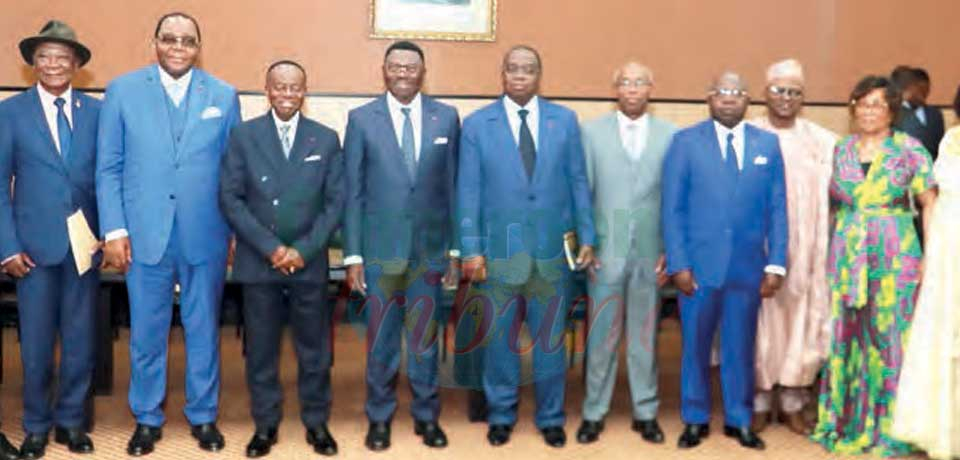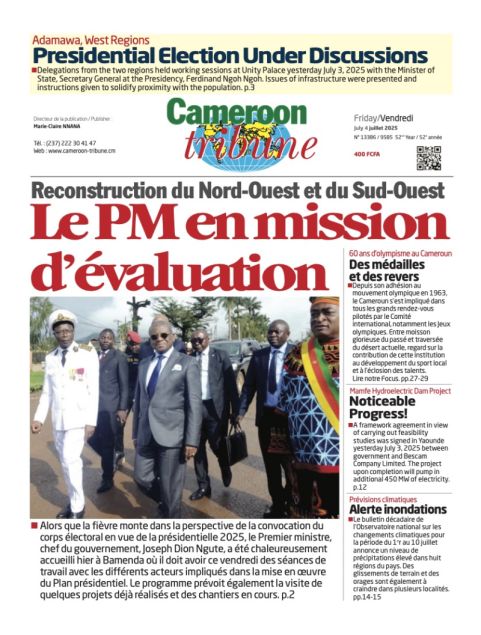Special Status: Now A Reality!
- Par Eulalia AMABO
- 30 sept. 2022 11:26
- 0 Likes
Recommendations on the specific treatment of the North West and South West Regions based on their cultural and linguistic heritage are gradually being implemented.
Granting a Special Status to the North-West and SouthWest regions was among the recommendations of the Major National Dialogue that held in Yaounde from September 30 to October 4, 2019. A few months later, the Special Status was accorded through the December 24, 2019 law on the General Code on Regional and Local Authorities. In fact, the said status is in accordance with Article 62(2) of the Constitution. The content, application and implication of the Special Status is outlined in fifth chapter of the law. It should be noted that in addition to the powers traditionally recognized for all 10 regions in this same text, the North-West and SouthWest participate in the development of national public policies relating to the English-speaking educational subsystem. They also have the power to create and manage regional development missions, as well as the ability to participate in the development of the status of traditional chiefs. Furthermore, these two regions can be consulted on issues related to the development of public justice policies in the Common Law subsystem. The structure in terms of the Regional Council is also different from the other eight regions of Cameroon. The North West and South West Regions rather have Regional Assemblies, which includes the House of divisional representatives (delegates from the Divisions) whose 70 members are elected by the municipal councils of the region and a House of Chiefs comprising 20 custodians of tradition. Each of the organs has its functioning mechanism and its objectives. Each of these bodies may meet separately for matters falling within its competence. Alongside the Regional Assembly, the Regional Executive Council serves as the executive body in th...
Cet article complet est réservé aux abonnés
Déjà abonné ? Identifiez-vous >
Accédez en illimité à Cameroon Tribune Digital à partir de 26250 FCFA
Je M'abonne1 minute suffit pour vous abonner à Cameroon Tribune Digital !
- Votre numéro spécial cameroon-tribune en version numérique
- Des encarts
- Des appels d'offres exclusives
- D'avant-première (accès 24h avant la publication)
- Des éditions consultables sur tous supports (smartphone, tablettes, PC)
Reactions
De la meme catégorie
North West Development : Prospects With Presidential Reconstruction Plan
- 07 juil. 2025 09:06
- 0 likes














Commentaires